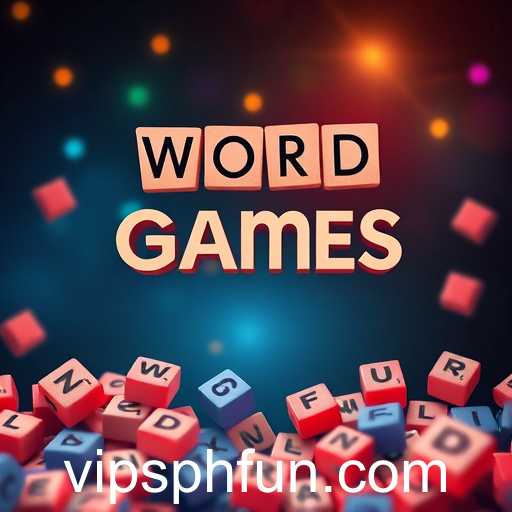In today’s digital age, online games have carved a significant niche, offering diverse categories for players to explore. One such captivating category is 'Word Games', which seamlessly combines entertainment with educational value. Anchored by the intriguing keyword 'phfun', these games promise a euphoric blend of linguistic challenges and brainy fun, appealing to both casual gamers and language enthusiasts alike.
Word games have a storied history, tracing back to ancient times when wordplay and puzzles were not only a form of leisure but also a measure of wit and intelligence. In the modern context, their evolution onto digital platforms has broadened their reach and accessibility, turning them into a global phenomenon that continues to enthrall millions.
The charm of word games lies in their simplicity and richness in variety. From classic crosswords to innovative word search puzzles, the spectrum of choices caters to all age groups and skill levels. Games like Scrabble and Boggle are classics that have found new life in digital iterations, allowing players to engage in competitive yet friendly duels of vocabulary and strategy.
Moreover, word games are known for enhancing language skills, including vocabulary growth, spelling accuracy, and reading comprehension. By engaging with these games, players not only have fun but also improve cognitive functions such as memory and problem-solving abilities. The keyword 'phfun' underscores the philosophy of these games—fun while improving phonetic skills and creativity.
Online platforms offering this category often feature multiplayer options, increasing the social aspect of gaming. This not only fosters healthy competition but also builds communities where participants can share strategies, tips, and high scores, thus adding a communal aspect to the solitary act of wordplay.
In the educational domain, word games serve as effective tools for teachers and parents aiming to aid students in expanding their linguistic capabilities. Many educational websites incorporate these games into their curricula, transforming traditional learning methodologies into interactive and enjoyable experiences.
With advancements in technology, the future of word games looks promising, potentially integrating elements like augmented reality and AI-driven opponents to create even more engrossing experiences. The 'Word Games' category, therefore, represents an intersection of fun, learning, and technology, making it an indispensable part of the online gaming universe.
In conclusion, the world of 'Word Games' offers much more than mere entertainment. With 'phfun' encapsulating the joy of playful learning through phonetics and fun, these games continue to engage and educate, making them a timeless pursuit for individuals of all ages. As players delve into this category, they not only face linguistic challenges but also unfold new horizons of digital interaction and intellectual growth.








